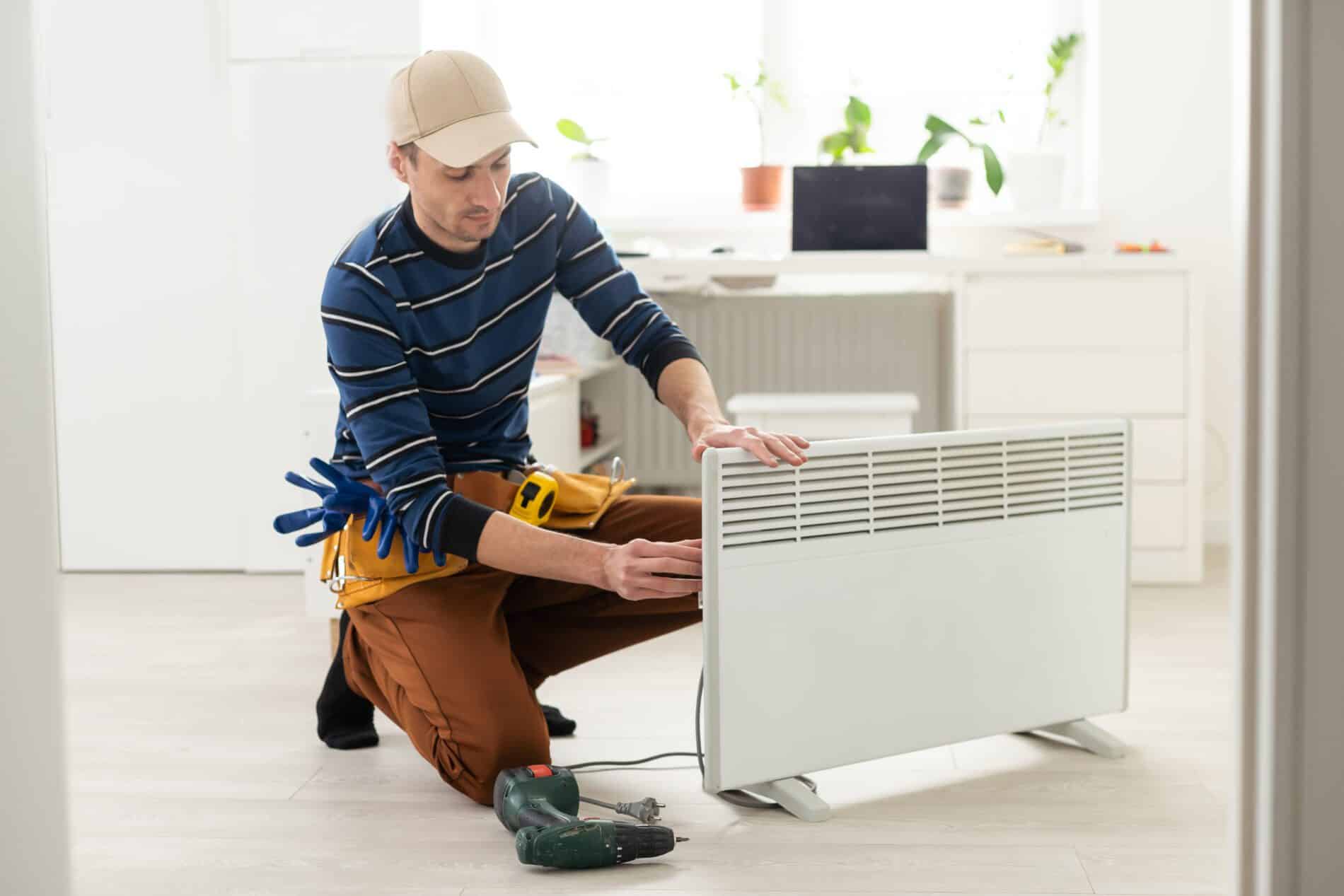Handling Everyday Heater Troubles
Handling Everyday Heater Troubles
Blog Article
We've found this article involving Water Heater Repair and Troubleshooting listed below on the web and think it made good sense to discuss it with you on my blog.

Imagine beginning your day without your routine warm shower. That currently sets a poor tone for the remainder of your day.
Every house needs a dependable hot water heater, yet only a few understand how to manage one. One easy means to maintain your hot water heater in leading form is to look for faults routinely and repair them as soon as they show up.
Keep in mind to turn off your hot water heater prior to sniffing about for mistakes. These are the hot water heater faults you are most likely to encounter.
Water too warm or also cool
Every water heater has a thermostat that identifies just how warm the water gets. If the water entering into your house is too warm regardless of setting a hassle-free optimum temperature level, your thermostat could be damaged.
On the other hand, too cold water may be due to a failed thermostat, a damaged circuit, or improper gas circulation. For instance, if you utilize a gas hot water heater with a damaged pilot burner, you would get cold water, even if the thermostat remains in perfect problem. For electrical heating units, a blown fuse might be the perpetrator.
Not enough warm water
Hot water heater come in lots of dimensions, depending on your hot water needs. If you lack hot water before everybody has had a bath, your water heater is as well tiny for your family size. You need to think about mounting a bigger water heater container or going with a tankless hot water heater, which occupies less room and also is extra durable.
Odd noises
There go to least five sort of sounds you can hear from a water heater, but one of the most common analysis is that it's time for the water heater to retire.
First off, you should be familiar with the regular appears a water heater makes. An electric heater might seem various from a gas-powered one.
Popping or banging noises usually suggest there is a slab of sediment in your storage tanks, and it's time to clean it out. On the other hand, whistling or hissing noises might simply be your shutoffs allowing some stress off.
Water leakages
Leaks could come from pipes, water connections, valves, or in the worst-case circumstance, the container itself. Over time, water will rust the storage tank, and also find its way out. If this occurs, you require to replace your water heater immediately.
However, before your change your entire container, be sure that all pipes remain in location which each shutoff functions completely. If you still need assistance identifying a leak, call your plumber.
Rust-colored water
Rust-colored water indicates one of your hot water heater elements is corroded. Maybe the anode rod, or the storage tank itself. Your plumber will be able to determine which it is.
Warm water
Despite exactly how high you established the thermostat, you won't get any hot water out of a heating system well past its prime. A hot water heater's performance may reduce with time.
You will certainly likewise obtain lukewarm water if your pipes have a cross connection. This indicates that when you turn on a tap, warm water from the heating system moves in along with routine, cold water. A cross connection is easy to place. If your warm water faucets still run after shutting the hot water heater shutoffs, you have a cross link.
Discoloured Water
Corrosion is a major reason for filthy or discoloured water. Deterioration within the water tank or a stopping working anode pole might cause this discolouration. The anode pole safeguards the container from rusting on the within as well as ought to be inspected yearly. Without a pole or a properly working anode rod, the warm water swiftly wears away inside the storage tank. Get in touch with a professional water heater specialist to determine if changing the anode pole will take care of the problem; otherwise, change your water heater.
Final thought
Preferably, your hot water heater can last 10 years before you need an adjustment. Nonetheless, after the 10-year mark, you might experience any one of these faults much more consistently. Now, you need to include a brand-new water heater to your budget plan.
How To Troubleshoot 3 Common Water Heater Problems in Twin Cities
The Water Heater Is Leaking
A leaky cold water inlet valve A loose pipe fitting A leaky temperature and pressure relief valve A corroded anode rod A cracked tank Turn Off Your Water Heater:
Shut off your gas water heater by turning the gas valve on the unit to the “OFF” position. Shut off your electric water by switching its power off at your electrical panel. Look for a two-pole breaker labeled “water heater” and turn it to the “OFF” position. Move the ball valve connected to the water heater to be perpendicular to the piping at a 90° angle. Look for the Leak:
Depending on whether the water is coming from the tank's top or bottom, you’ll want to look for the leak in different locations.
If the leak comes from the top of the tank, carefully look for water escaping from the cold water inlet valve or loose pipe fittings. Rusted hot and cold water valves can have loose connections with the tank, with water leaking out of them.
https://mspplumbingheatingair.com/blog/how-to-troubleshoot-3-common-water-heater-problems
We are very fascinated by Common Problems with Tank Water Heaters and I am hoping you enjoyed reading the entire blog entry. Don't hesitate to take a moment to share this blog posting if you liked it. I take joy in reading our article about Water Heaters Problems.
Preserve your space; contact us. Report this page